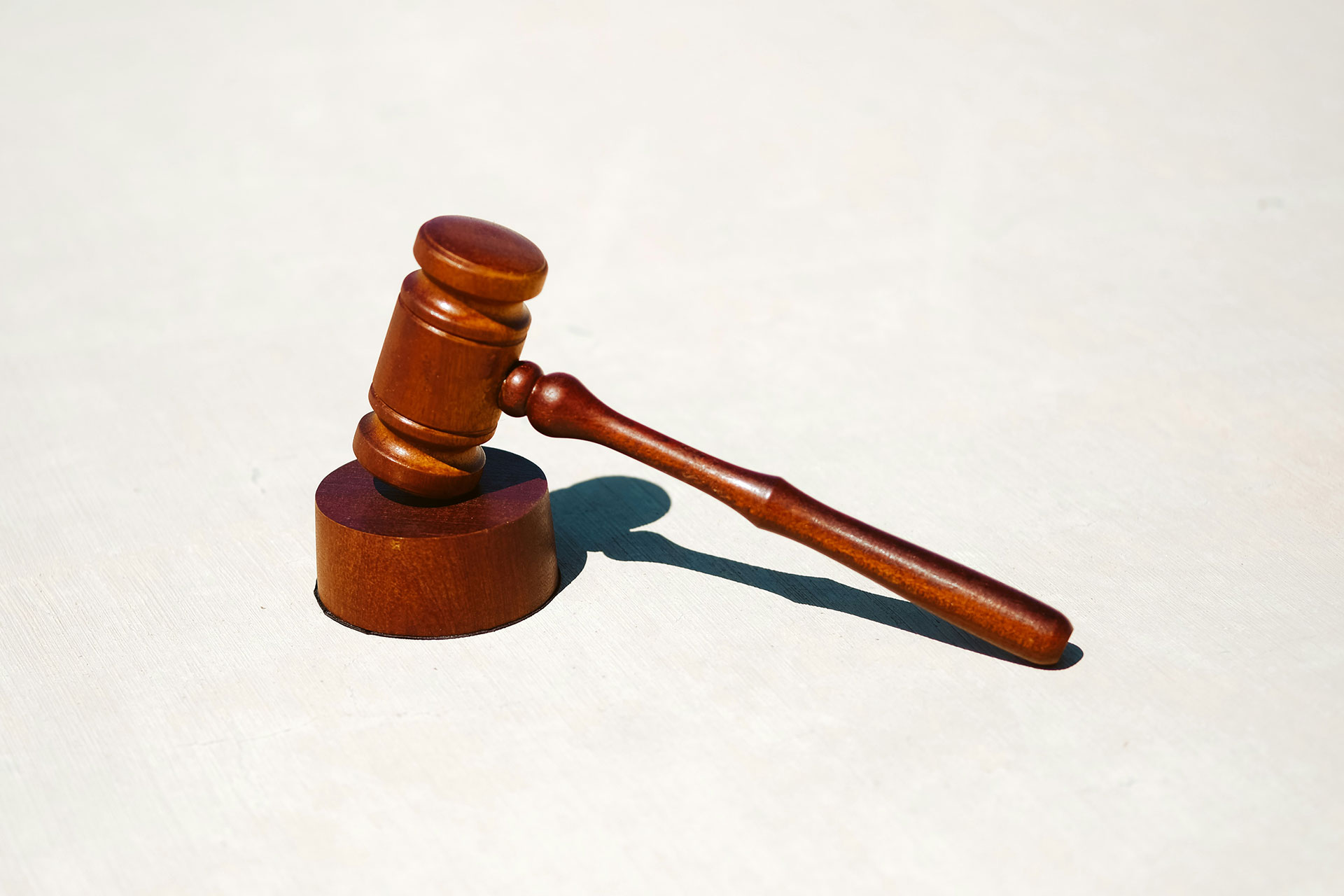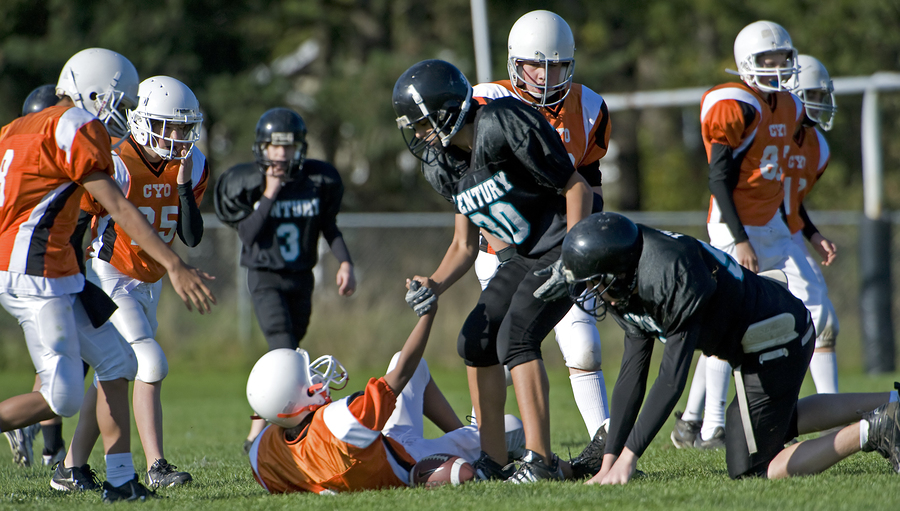Student Sports Injury and School Liability
Nationwide, 7.6 million students participate in interscholastic athletics, according to U.S. News and World Report. Keeping them safe is critically important to avoid school liability and sports injury lawsuits. And when sports injury occurs, schools may be found responsible if they failed to take reasonable precautions and supervision of students...








